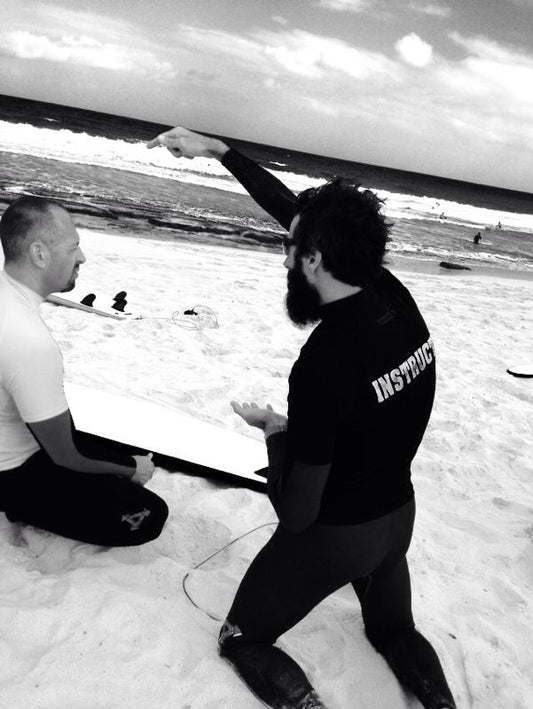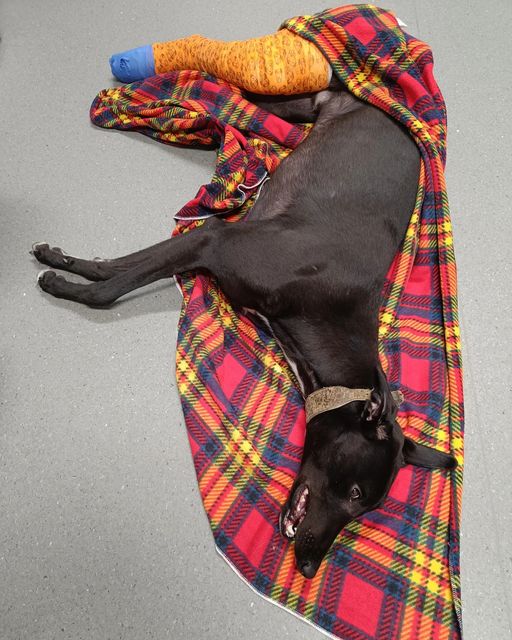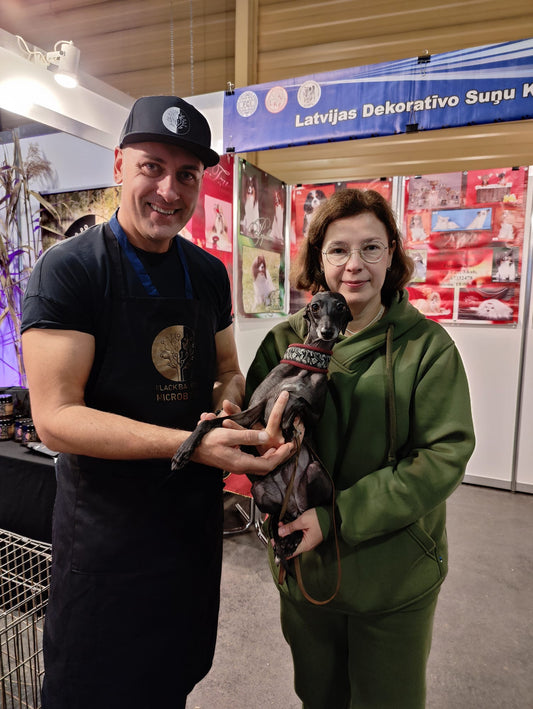
KEEP ME A LITTLE DIRTY...
Share
During the pandemic, the problem of clean hands has become even more relevant, during the day we wash and disinfect our hands multiple times. It is important to remember that the concept of dirt and pollution includes the microbiological. My hands might look absolutely clean, but this is just the visible part of the iceberg. Our fight against the invisible part (e.g.: bacteria, viruses) was actively long before the pandemic.
Everything happens in waves here. Let's remember the hype caused by triclosan soap (and other antibacterial substances) not that long ago! The mass media was full of publications about the damage of triclosan soap because it disturbed the balance of the microorganisms on the skin, eventually weakening our immune system. But we didn't have time to throw away the triclosan soap because the pandemic came and we started using more disinfectants than ever before. We feel cleaner but the impacts on our microcosm are overlooked: viruses and bacteria resist and adapt to new living conditions with mutations! This means that the endless disinfection process stimulates the emergence of new mutants, which develop because of all the new substances and so on, in vicious cycles.
Thus, we will not be able to live in a sterile environment and should not strive for it. Nature itself tries to establish a microbiological balance. Young children put things in their mouths, not just to try but to sow their digestive tract with different, and necessary (and not necessary), microorganisms. If a baby throws a pacifier on the floor, the first reaction of parents or grandparents is to treat the pacifier with boiling water. It needs to be sterile! But when I saw my year-old grandson playing alone and licking the floor, I realized the stupidity of sterility. It is well known that village children who have more contact with the natural environment, or children who have pets are less sick and less susceptible to allergic reactions.
It is appropriate to mention that in light of the events described, the view of our intestines have significantly changed. After all, it's not just its capacity to produce products that cause squeamishness (e.g.: shit), but it is the most important organ of our immune system, not to mention many other functions our intestines perform. This is why we try to further ′′feed′′ the bacteria in our gut with food fiber, probiotics, etc. In recent years, attempts have been made to directly impact the microflora of the colon by transplanting a healthy person microflora to a patient suffering from severe digestive tract diseases (fecal transplants). In Switzerland and the United States there are laboratories for collecting and delivering fecal matter to clinics for rectal introduction into other people. At first the technique provided good results, but then something went wrong. After the death of 6 patients, the US transplantation of fecal matter was banned. The reasons for this outcome are not yet clear. This example once again shows how far we are from fully understanding nature and our own microbiome.
So, we should not be afraid of dirt (microbiological) because our immune system will destroy harmful microorganisms. I don't know how appropriate the comparison is, but let's remember how good pigs feel swimming in the dirt. It's a necessity for them. And by the way, the human immune system, according to the structure and functioning of all animals, is the closest to a pig.
Dmitry Babarykin
Everything happens in waves here. Let's remember the hype caused by triclosan soap (and other antibacterial substances) not that long ago! The mass media was full of publications about the damage of triclosan soap because it disturbed the balance of the microorganisms on the skin, eventually weakening our immune system. But we didn't have time to throw away the triclosan soap because the pandemic came and we started using more disinfectants than ever before. We feel cleaner but the impacts on our microcosm are overlooked: viruses and bacteria resist and adapt to new living conditions with mutations! This means that the endless disinfection process stimulates the emergence of new mutants, which develop because of all the new substances and so on, in vicious cycles.
Thus, we will not be able to live in a sterile environment and should not strive for it. Nature itself tries to establish a microbiological balance. Young children put things in their mouths, not just to try but to sow their digestive tract with different, and necessary (and not necessary), microorganisms. If a baby throws a pacifier on the floor, the first reaction of parents or grandparents is to treat the pacifier with boiling water. It needs to be sterile! But when I saw my year-old grandson playing alone and licking the floor, I realized the stupidity of sterility. It is well known that village children who have more contact with the natural environment, or children who have pets are less sick and less susceptible to allergic reactions.
It is appropriate to mention that in light of the events described, the view of our intestines have significantly changed. After all, it's not just its capacity to produce products that cause squeamishness (e.g.: shit), but it is the most important organ of our immune system, not to mention many other functions our intestines perform. This is why we try to further ′′feed′′ the bacteria in our gut with food fiber, probiotics, etc. In recent years, attempts have been made to directly impact the microflora of the colon by transplanting a healthy person microflora to a patient suffering from severe digestive tract diseases (fecal transplants). In Switzerland and the United States there are laboratories for collecting and delivering fecal matter to clinics for rectal introduction into other people. At first the technique provided good results, but then something went wrong. After the death of 6 patients, the US transplantation of fecal matter was banned. The reasons for this outcome are not yet clear. This example once again shows how far we are from fully understanding nature and our own microbiome.
So, we should not be afraid of dirt (microbiological) because our immune system will destroy harmful microorganisms. I don't know how appropriate the comparison is, but let's remember how good pigs feel swimming in the dirt. It's a necessity for them. And by the way, the human immune system, according to the structure and functioning of all animals, is the closest to a pig.
Dmitry Babarykin




